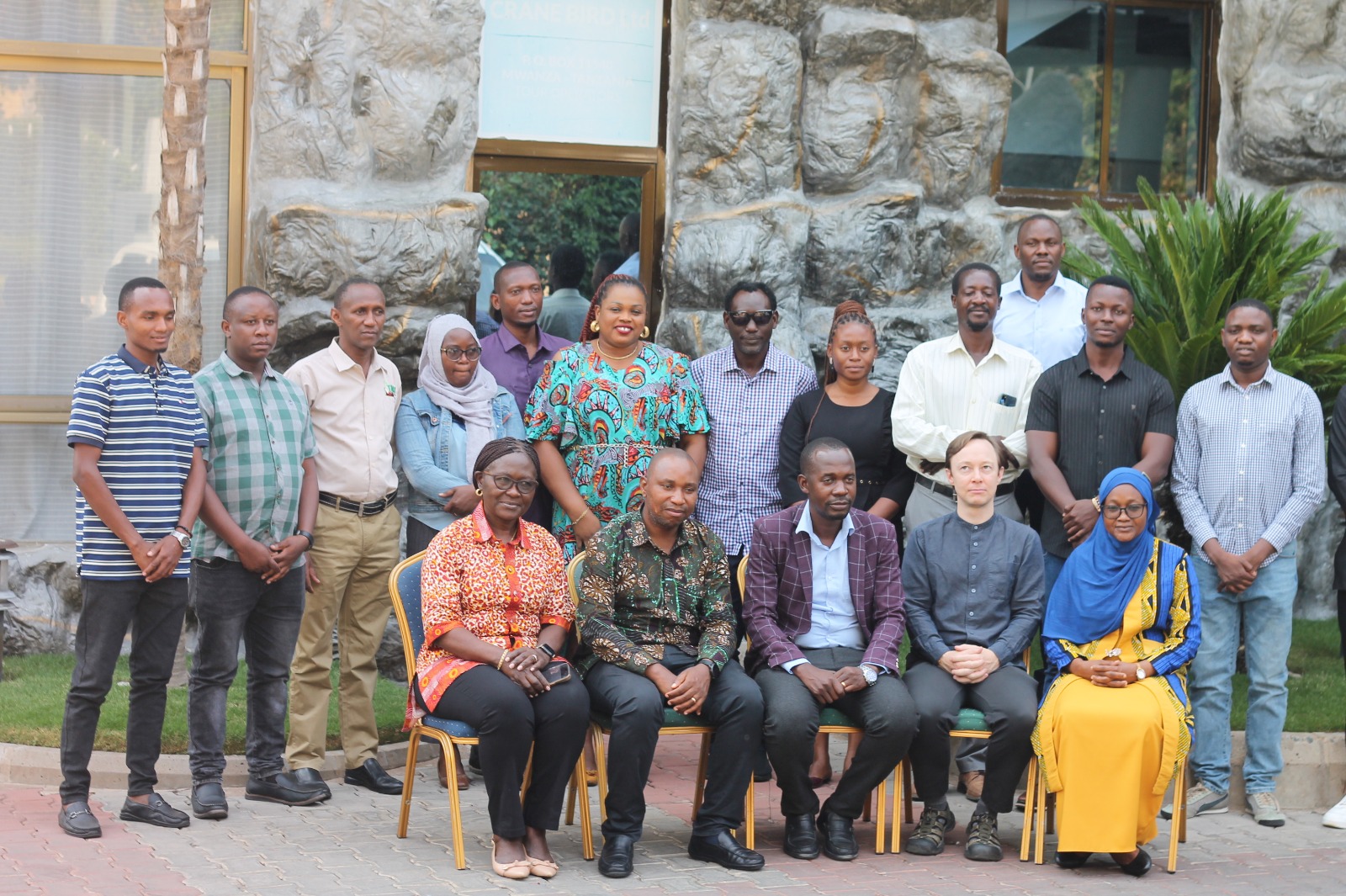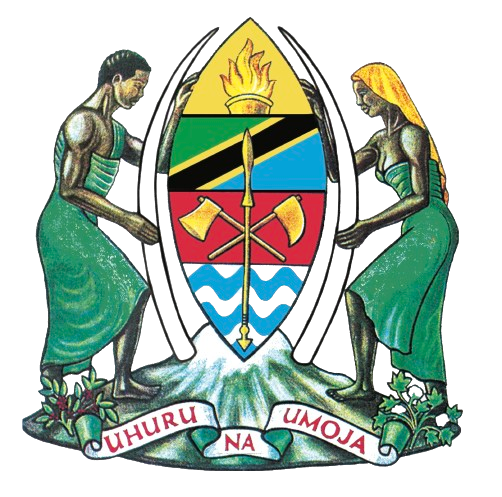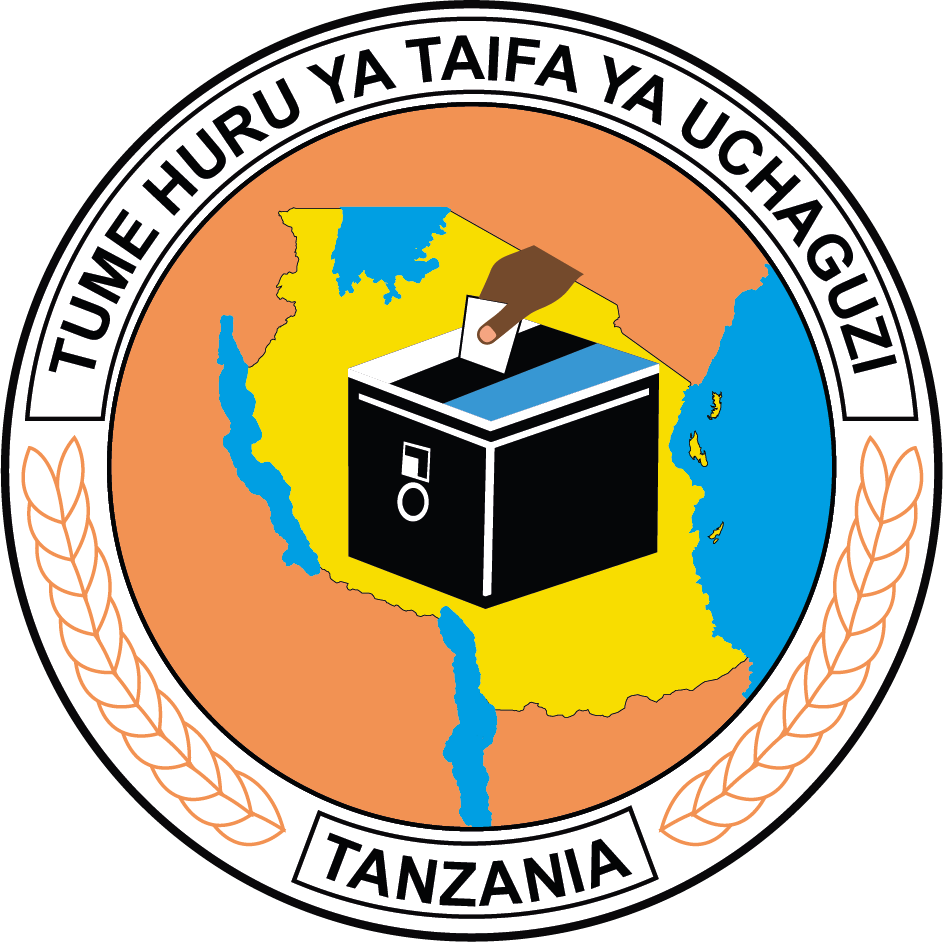RESEARCHERS PARTICIPATED ON CASSAVA RAPID MULTIPLICATION TUNNEL TECHNOLOGY TRAINING
- 1st October, 2024 05:37
- By DAUSON.MALELA
- News

Researchers from the Tanzania
Agricultural Research Institute (TARI) - Ukiriguru Center in Mwanza,
Internationa Institute for Tropical Agriculture (IITA) - Dar Es Salaam and
Nigeria, National Root Crops Research Institute (NRCRI) - Nigeria and National
Horticultural Research Institute (NIHORT) – Nigeria met at Victoria Palace
Hotel, Mwanza from 26 – 27 Sept 2024 for the training. The training focused on
the use of rapid multiplication tunnel technology for cassava seed production.
The training was given by Dr. Erick Delaquis and Dr. Roosevelt Perel who
are the founder of the technology both worked for Alliance Biodiversity
International and CIAT based in Laos Republic and Colombia respectively.
Tunnel system was previously
developed for cassava rapid seed multiplication. Multiplication rate said to be
1:100 compared to conventional/ field multiplication 1:10 within a year. This
is achieved by using short cuttings with at least two nodes planted
horizontally with a high possibility of each node to develop into a stem under
high temperature and humidity. Nowadays the technology extended to other
vegetative propagated crops including banana and sweet potato.
During the training,
participants were able to learn the concept of the technology, basic
requirements for tunnel construction and share experience on seed system for
banana, cassava, sweet potato and Yam. Also, they visited TARI Ukiriguru Centre
for the practical section. Two tunnel systems were constructed at the Centre
each for cassava and sweet potato seed multiplication.
Speaking at the official
opening of the training Mr. Peter Kasele acting Mwanza Regional Administrative
Secretary said, ‘the technology is going to revolutionize cassava and sweet
potato production in Lake Zone by increasing timely availability of quality
seed’. Dr. Paul Saidia, TARI Ukiriguru Centre director congratulated the team
and said, ‘the technology will reduce the use of poor-quality seed, hence
increase production and improve farmer’s livelihood in Lake zone and Tanzania
in general’. Participants also, acknowledge the workshop as it provided a good
learning experience.
The training was coordinated
by Alliance Biodiversity International and CIAT in collaboration with IITA and
TARI.


